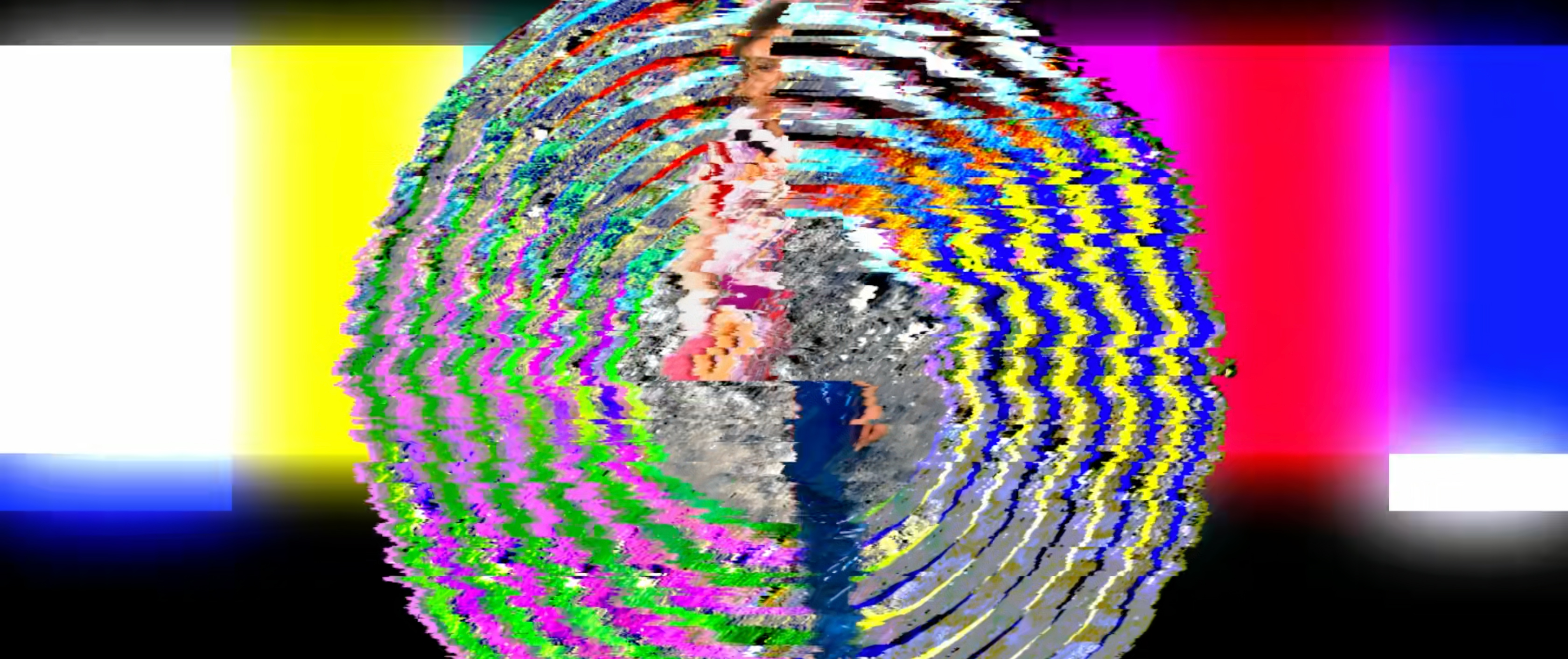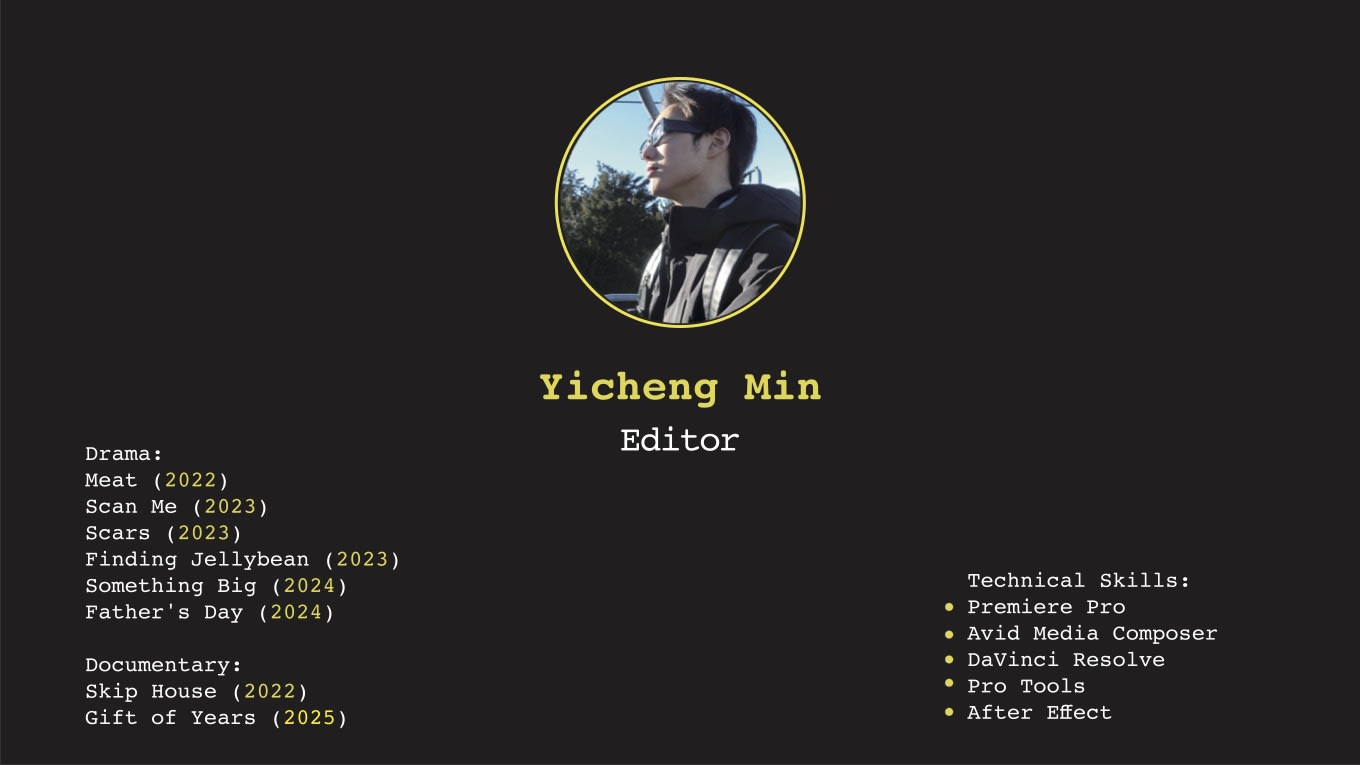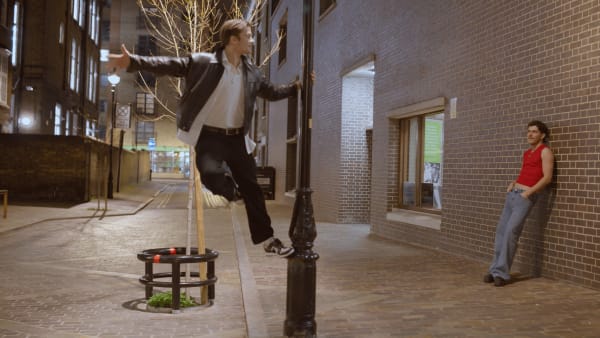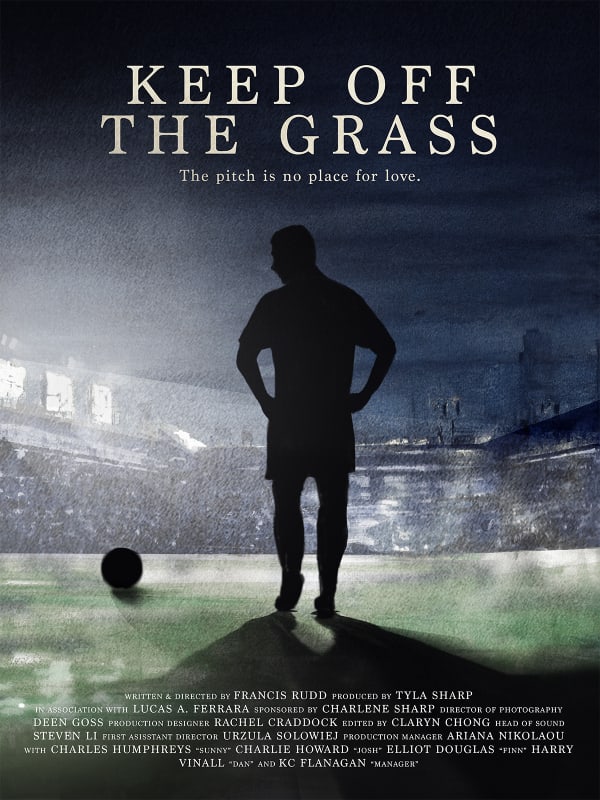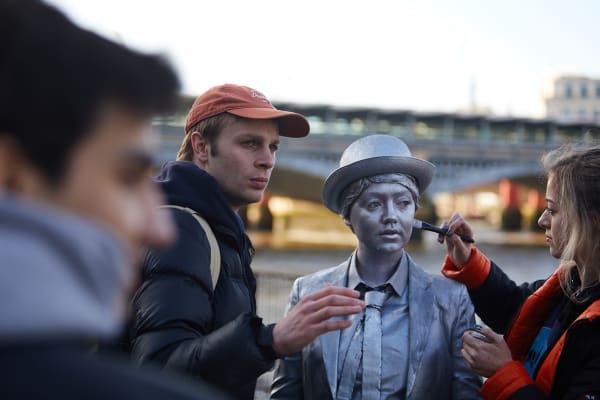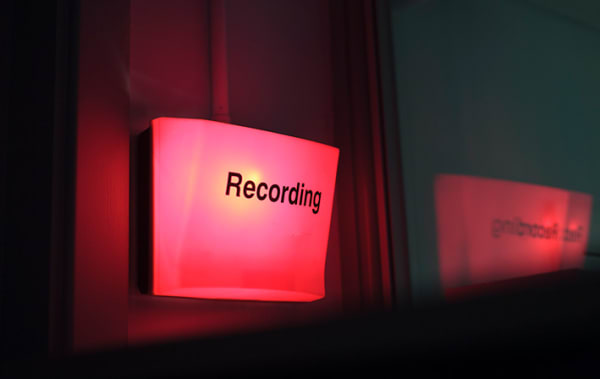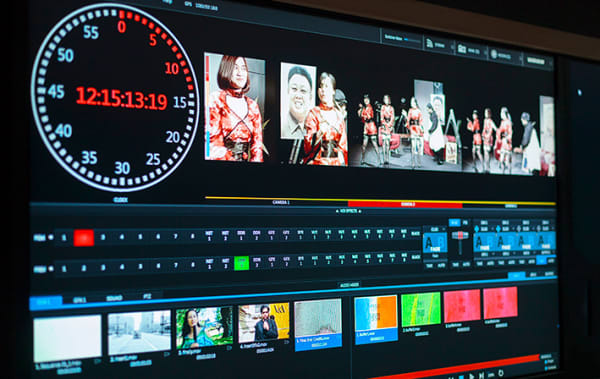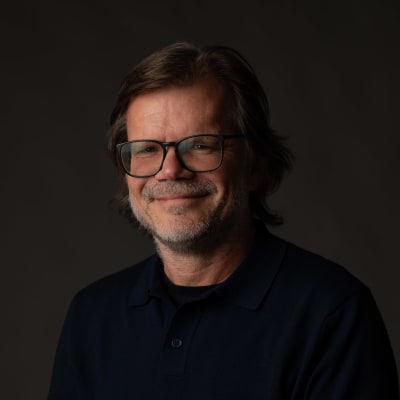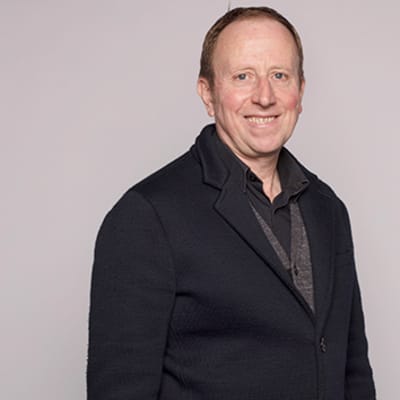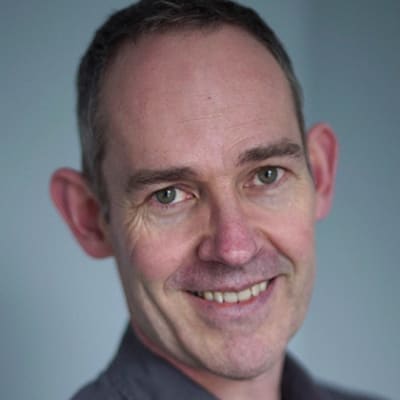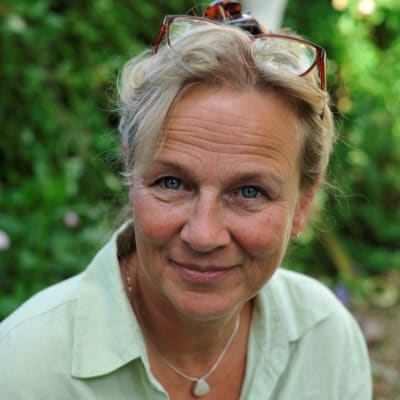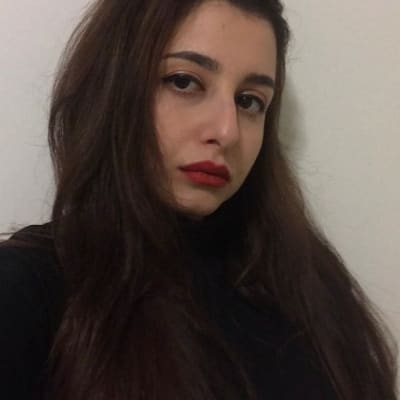Course units
In response to the Climate Emergency, UAL has embedded responsible practices within the curriculum. We shaped our courses around principles of social and racial justice, and environmental sustainability that ensure learning outcomes reflect the urgent need to equip you with the understanding, skills, and values for ethical practice and empower you to work towards an equitable future.
BA (Hons) Film and Television is structured in 2, 15-week blocks in each academic year. Each block of study is comprised of a practice unit complemented by a unit of contextual study. All units are compulsory.
Year 1
You’ll learn the building blocks of narrative for short fiction and factual production. Practice units will teach you location and studio-based workflows, while integrated contextual studies focus on key theories and influences that underpin the development of your practice. You’ll learn to apply these skills to your production assignments, presentations and academic writing.
Introduction to Film and Television (20 credits)
You'll be introduced to the course, subject, and effective approaches to learning at undergraduate level. You’ll get to know the practices and knowledge required to understand the discipline, and be supported to develop your academic skills for independent learning, collaborative learning and reflection.
Screen Cultures: Narrative (20 credits)
Through lectures, screenings and seminars, you’ll be taught close textual analysis and how to apply your knowledge to examining narrative forms. Your analysis will include film grammar, signs, tropes and motifs, and will build your knowledge of how narrative is composed and read by audiences.
Sound, Image, Story (20 credits)
This unit introduces the fundamental building blocks of motion picture storytelling. You’ll work collaboratively in a group to develop screen narratives.
Screen Cultures: Factual Stories (20 credits)
Complimenting your practice with lectures, screenings and seminars, you’ll analyse contemporary factual programming through aspects such as the commissioning process, ethics and research methods, and formats including documentary strands, factual entertainment, arts programming, documentary strands, and social justice and human rights filmmaking.
Factual (40 credits)
Factual programming produces compelling narratives in highly constructed contemporary formats. You’ll be taught current documentary production skills, collaborating on both self-shooter and crew-based practice assignments in the Television Studio and on location to research, develop and produce factual content that responds to the world around us.
Year 2
You’ll continue to develop your skills and knowledge through practice and theory-based assignments. You’ll experience a range of challenging briefs, with an emphasis on working with genre, scripts, actors and drama productions. This year will increase your awareness of the strategies, practicalities and commitment required for a successful early career in the creative sectors.
Screen Cultures: Screen Performances and Genres (20 credits)
This unit examines the relationship between genre and on-screen performance. You’ll analyse different approaches to the presentation of character from the standpoint of film and television genres including naturalistic and non-naturalistic acting. As a result, you’ll create a foundation from which you can develop ways of working with actors and performance for screen.
TV Studio Production (20 credits)
You’ll focus on the Television Studio as a space for exploring the potential of live and pre-recorded broadcasting. Working in a multi-camera environment, you’ll produce fiction and factual projects.
The Script (20 credits)
Scriptwriting is a central element of producing fiction and factual content. In this unit, you’ll learn writing techniques and tools to generate story outlines, develop treatments and structure drama. Scripts produced in this unit will also be pitched as an option for further development in the ‘Drama’ unit of study.
Drama (40 credits)
You’ll learn the workflow which underpins the research, development and production of screen drama. You’ll continue to develop texts from the 'Script’ unit, and shoot both on location and on a purpose-built set where you’ll undertake role(s) in pre-production, production and post production.
Story Development (20 credits)
The creative industries require versatile communicators as well as knowledgeable developers and makers of programmes. In this unit, you’ll learn essential skills for developing and shaping stories into comprehensive presentations, and the skills to pitch them to commissioners.
You’ll be taught how to design and produce series bibles, pitch decks and teaser trailers, and how to use words and images to create compelling marketing materials for your content. This unit considers careers and employment routes in the creative sectors alongside the options that are available to you in Year 3.
Year 3
You’ll further develop your critical writing, production knowledge and leadership skills alongside your understanding of collaborative team working for enterprise and autonomy in your developing screen practice.
Dissertation (40 credits)
Delivered through lectures, workshops and tutorials, you’ll conduct research into and develop a close, detailed examination of your chosen topic in an area related to film and television. You will have the option to choose either a written or visual essay format. A dissertation supervisor will support you as you develop your research, argument and writing.
Major Project: Portfolio (60 credits)
You’ll research, develop and produce a substantial portfolio of work that demonstrates your learning and experience gained on the course. This can be an independent or collaborative assignment, and you'll be assigned a supervising tutor to support you.
Professional Perspectives (20 credits)
You’ll be prepared to function and prosper in the commissioning, production and distribution landscape of enterprise and employability. Industry speakers drawn from key creative sectors will offer their perspectives, helping you to make informed decisions about current employment routes. If you decide to continue with further study, you’ll be supported with guidance on potential MA pathways.
Optional Diploma between Years 2 and 3
Between Years 2 and 3 of the course, you’ll also have the opportunity to undertake one of the following additional UAL qualifications:
Diploma in Professional Studies (DPS) (Optional)
An optional, year-long learning opportunity which enables you to develop your professional skills by undertaking time out for industry experience. Supported throughout the year by academics, you’ll build on the knowledge gained on your course in a range of national or international locations, and graduate with an additional qualification of Diploma in Professional Studies.
Diploma in Creative Computing (Optional)
Between Years 2 and 3, you can undertake the year-long Diploma in Creative Computing. This will develop your skills in creative computing alongside your degree. After successfully completing the diploma and your undergraduate degree, you’ll graduate with an enhanced degree: BA (Hons) Contemporary Film and Television (with Creative Computing).
